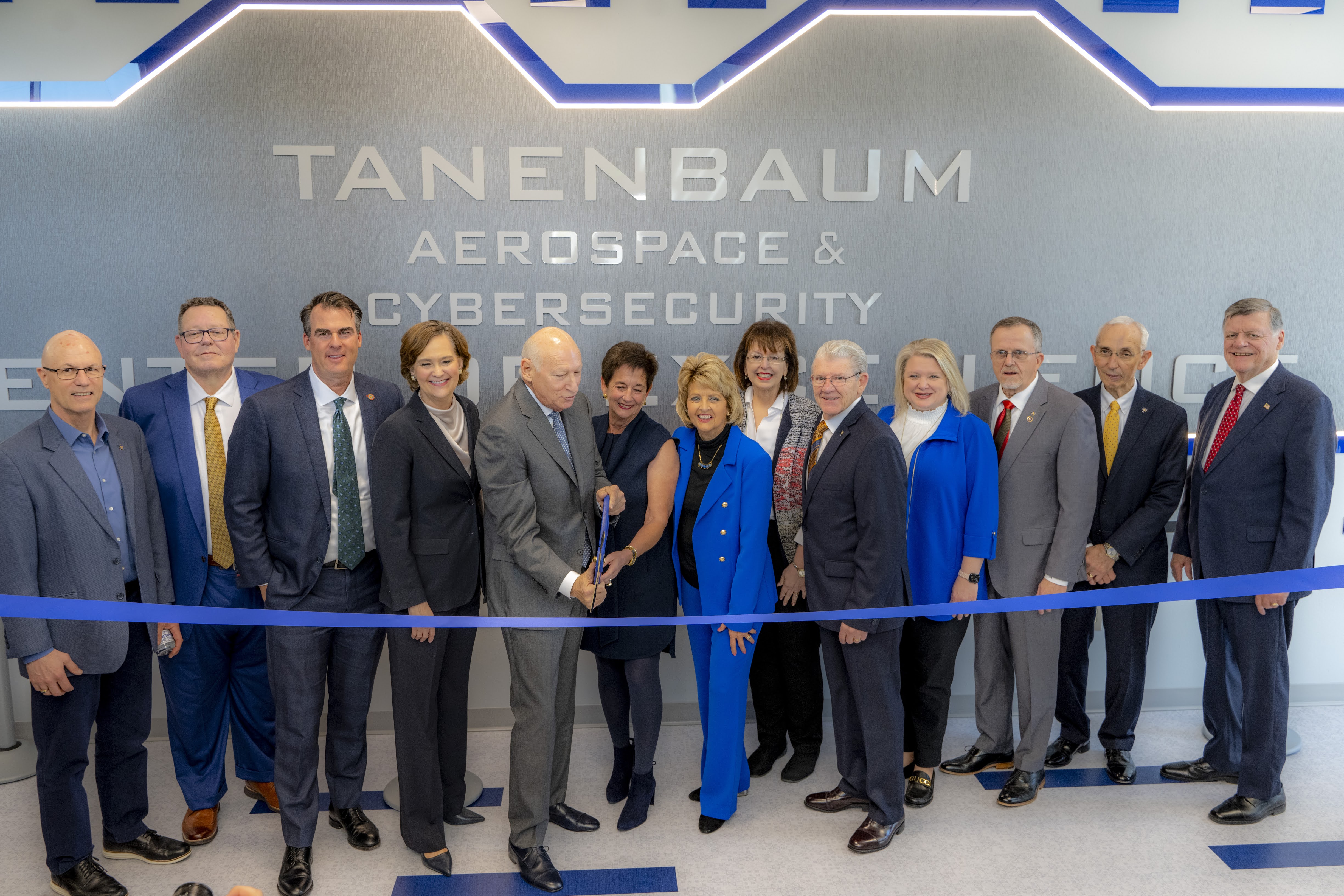ADA Quick Points
LAWS
Americans with Disabilities Act, as amended (ADAA - 2008)
Americans with Disabilities Act (ADA - 1990)
Rehabilitation Act, Section 504 (504 - 1973, amended 1978)
These federal laws are civil rights protection for individuals with disabilities. A person covered under the law(s) is someone
- with a physical or mental impairment that substantially limits one or more major life activity,
- has a history or record of such impairment, or
- is regarded as having such an impairment.
INTENT
Removal of barriers - physical, attitudinal, programmatic, technical – and provision of accommodations is to provide equal access and equal opportunity to enjoy the benefits of and participate in the services, programs, and activities afforded and available to others.
At the postsecondary educational level, a qualified student with a disability is a student with a disability who meets the academic and technical standards requisite for admission or participation in the institution's educational program or activity.
Section 508 (Rehabilitation Act) requires that electronic and information technology (E&IT) is accessible to people with disabilities, including employees and members of the public. This includes websites, learning management systems, and online interface tools or systems (e.g., the application process, enrollment)
ACCOMMODATIONS
A public entity shall make reasonable modifications in policies, practices, or procedures when the modifications are necessary to avoid discrimination on the basis of disability unless the public entity can demonstrate that making the modifications would fundamentally alter the nature of the service, program, or activity.
(i) A public entity is not required to provide a reasonable modification to an individual who meets the definition of “disability” solely under the “regarded as” prong of the definition of disability at § 35.108(a)(1)(iii).
(ii) Nothing in this part shall provide the basis for a claim that an individual without a disability was subject to discrimination because of a lack of disability, including a claim that an individual with a disability was granted a reasonable modification that was denied to an individual without a disability.
Students are held to the same academic standards and requirements. Accommodations may adjust how information is presented and/or knowledge demonstrated without:
1. Changing the fundamental nature of a program, or
2. Creating an undue financial or administrative burden.
What academic adjustments must a postsecondary school provide? (U.S. Dept of Ed, OCR)
The appropriate academic adjustment must be determined based on the disability and individual needs. Academic adjustments may include auxiliary aids and services, as well as modifications to academic requirements as necessary to ensure equal educational opportunity.
Examples of adjustments:
* priority registration;
* reducing course load;
* substituting one course for another;
* providing note takers, recording devices, sign language interpreters;
* extended time for testing; and
* equipping school computers with screen-reading, voice recognition, or other adaptive software or hardware.
In providing an academic adjustment, postsecondary ed is not required to lower or substantially modify essential requirements. For example, although the school may be required to provide extended testing time, it is not required to change the substantive content of the test.
In addition, your postsecondary school does not have to make adjustments that would fundamentally alter the nature of a service, program, or activity, or that would result in an undue financial or administrative burden.
And, the postsecondary school does not have to provide personal attendants, individually prescribed devices, readers for personal use or study, or other devices or services of a personal nature, such as tutoring and typing.
Service animal means any dog that is individually trained to do work or perform tasks for the benefit of an individual with a disability, including a physical, sensory, psychiatric, intellectual, or other mental disability. Other species of animals, whether wild or domestic, trained or untrained, are not service animals for the purposes of this definition. The work or tasks performed by a service animal must be directly related to the individual's disability. Examples of work or tasks include, but are not limited to, assisting individuals who are blind or have low vision with navigation and other tasks, alerting individuals who are deaf or hard of hearing to the presence of people or sounds, providing non-violent protection or rescue work, pulling a wheelchair, assisting an individual during a seizure, alerting individuals to the presence of allergens, retrieving items such as medicine or the telephone, providing physical support and assistance with balance and stability to individuals with mobility disabilities, and helping persons with psychiatric and neurological disabilities by preventing or interrupting impulsive or destructive behaviors. The crime deterrent effects of an animal's presence and the provision of emotional support, well-being, comfort, or companionship do not constitute work or tasks for the purposes of this definition.
Inquiries. A public entity shall not ask about the nature or extent of a person's disability but may make two inquiries to determine whether an animal qualifies as a service animal.
1. Is the animal required because of a disability [of the person with the animal], and
2. What work or task the animal has been trained to perform.
A public entity shall not require documentation, such as proof that the animal has been certified, trained, or licensed as a service animal.
Are emotional support, therapy, comfort, or companion animals considered service animals under the ADA?
No. These terms are used to describe animals that provide comfort just by being with a person. Because they have not been trained to perform a specific job or task, they do not qualify as service animals under the ADA.
Source of information from ada.gov.
Contact Information
Student Access Services (formerly Disability Services)
Learning Resources Center (LRC), Room 106
6420 Southeast 15th Street
Midwest City, OK 73110
(405) 733-7373




